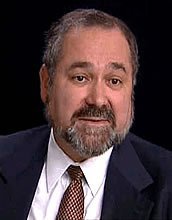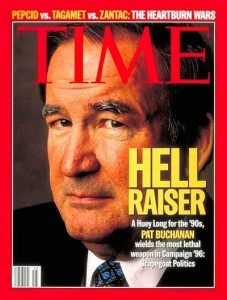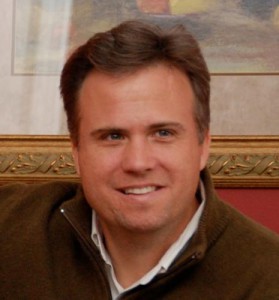Such democratization of information-gathering—when accompanied by smart institutional and technological arrangements—has been tremendously useful, giving us Wikipedia and Twitter. But it has also spawned thousands of sites that undermine scientific consensus, overturn well-established facts, and promote conspiracy theories. Meanwhile, the move toward social search may further insulate regular visitors to such sites; discovering even more links found by their equally paranoid friends will hardly enlighten them. Is it time for some kind of a quality control system?
Read full article.
Robert Steele: I am disengaged from Phi Beta Iota most of the time, but this piece was brought to my attention with the observation that it combines a claim to legitimacy involving Stanford University and Foreign Policy (no longer a serious rag, now a sub-set of secrecy & rendition apologist The Washington Post), and that it appears to be an early shot in a new national security propaganda theme aimed as neutralizing the use of the Internet for self-education. When Obama said in the State of the Union that it is known kids do better when they are forced to stay in school until graduation, I was sharply critical–the reality is that the best and the brightest leave school as soon as they can pass the GED, realizing that rote learning of old knowledge from poorly-paid burn-outs is not the way to “jack in.” What we have here is a very troubling indicator that the New America Foundation (wittingly) and Slate (perhaps unwittingly) are now part of the domestic propaganda arm of the military-industrial complex. The idiocy and illegitimacy of this piece should not have to be pointed out, but since Slate, which I thought had educated leadership, evidently saw nothing wrong with this piece, I will just point them to several books that will explain to them why collective intelligence, open source everything, and the three values of clarity, diversity, and integrity, are all essential to resilience and sustainability. Transparency, truth, and trust are the heart of the matter. This article is a disgrace to Slate and to Stanford, and confirms my growing disdain for the New America Foundation and Foreign Policy.
Robert David Steele, The Open Source Everything Manifesto: Transparency, Truth, & Trust (Evolver Editions, 2012)
David Weinberger, Too Big to Know: Rethinking Knowledge Now That the Facts Aren't the Facts, Experts Are Everywhere, and the Smartest Person in the Room Is the Room (Basic, 2012)
Robert David Steele, Intelligence for Earth: Clarity, Diversity, Integrity, & Sustainability (Earth Intelligence Network, 2010)
Mark Tovey (ed.), Collective Intelligence: Creating a Prosperous World at Peace (Earth Intelligence Network, 2008)
David Weinberger, Everything is Miscellaneous: The Power of the New Digital Disorder (Holt, 2008)
and then of course there are all the other books that in the aggregate would suggest to any intelligent reader that Slate has just published the biggest piece of crap in the recent history of digital journalism.
Worth a Look: Book Review Lists (Positive)
Worth a Look: Book Review Lists (Negative)
2012-01-28 Berto Jongmanprovides link to:
Dead and Alive: Beliefs in Contradictory Conspiracy Theories
Phi Beta Iota: The puported article is totally inept, using students and a very narrow range of information provided to the students to attempt to replicate a much more nuanced and comprehensive range of networks with access to vaster information resources. The article also does not provide for new sources coming into the public domain, with the inevitable result that the truth ultimately comes out, for example, on the JFK and MLK assassinations, the USS Liberty, and increasingly, 9/11 as a mix of let it happen, make it happen, and cover it up.
Lead Author Responds:
Thanks for your interest in the SPPS article. In response to your queries in the linked blog post, we didn't seek to inform people about particular theories in any great detail, to provide a model of the broader communities which advocates conspiracy as an explanation for world events, or to model opinion change as new information is presented. While those are interesting topics and we certainly hope to examine them in some detail in the future, they are beyond the scope of this rather small study, in which we attempted to extend previous work on correlations in beliefs between different conspiracy theories and examine the source of that correlation through multiple regression analysis of some novel data. As such we pass no judgement on the truth or falsity of any of the theories discussed; while the media may attempt to spin the study as “those crazy conspiracy theorists!”, be assured that this wasn't our intention, and in the paper itself we make the point that apparent contradictory belief is probably present in many different contexts, populations, and ideologies, rather than unique to people who hold particular opinions about geopolitics.
Yours,
Michael Wood
Ph.D. Candidate & Associate Lecturer, School of Psychology
Keynes College, University of Kent





